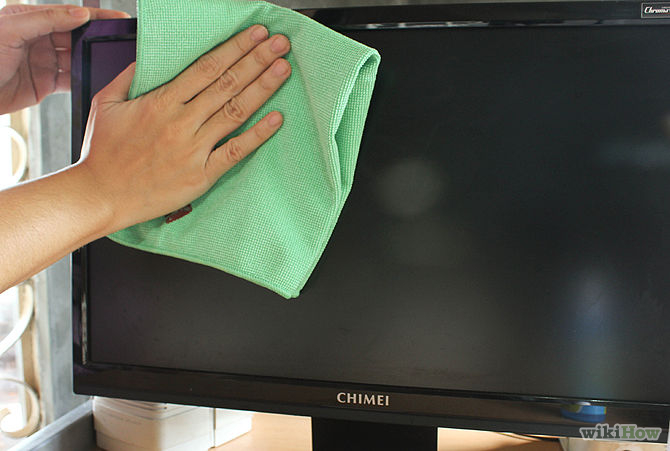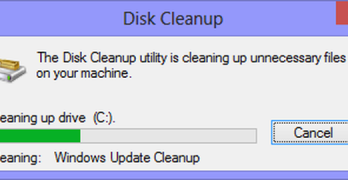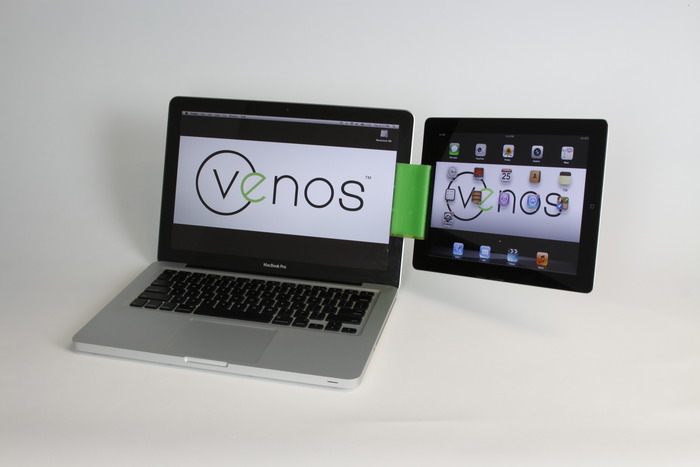Extending battery life has been the holy grail of mobile computing. But can solid state hard drives really help?
Recently, the trend is going towards solid-state storage. This means drives that have no moving parts. Most popular of these is flash memory. They’re cheap, durable, and can hold data even without power (unlike volatile RAM, which loses data when power is off). Since flash memory can allegedly reduce consumption caused by spinning hard drives, some manufacturers have switched to using solid state drives for their mobile computers. There are also flash-based hard drives meant for notebook computers that users can replace their existing drives with.
The Asus Eee MyPC sports a flash-based hard drive, instead of a conventional spinning one. One factor may be price (since a small flash drive is cheaper than a micro-sized hard drive with spinning parts). One may be power consumption.
However, a simple test done by ZDnet blogger Robin Harris has rendered results that may run counter to the argument that a solid-state drive helps extend batter life.
The maximum power difference between a flash drive and a 2.5″ disk is 3 watts. If you average about 3 hours battery life, a flash drive would save at most 9 watt hours (wh). That’s 29 minutes with a 55 wh battery. Less than 20 if it isn’t seeking constantly – and less than 10 minutes if the drive spends half its time in standby mode.
The biggest power sink in my notebook is the “everything else” that stays on when nothing is happening – 13 watts. Next is the CPU when it is busy. Then the display if you keep it above minimum brightness, the DVD/CD player and finally, just above Wi-Fi, a busy disk.
Flash drives have a real advantage in shock resistance over disks. But the performance is about the same as a disk, the power savings minimal and the cost disadvantage huge. They make the most sense for premium ultra-light notebooks with low power CPUs and small screens as well as hand-held devices.
I guess I must add that speed is one of the advantages of flash-based storage over a disc-based one. Still, I’d like to get more juice out of my Eee’s battery.



